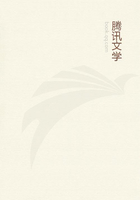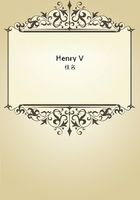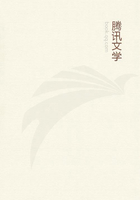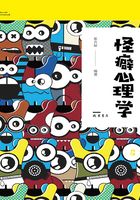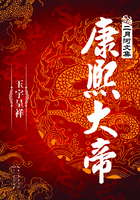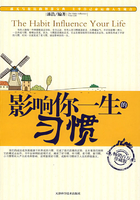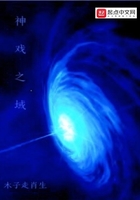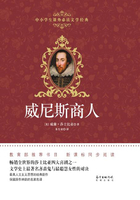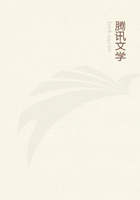We were to sail on the Friesland, of the Red Star Line, and a beautiful vessel she was. We went on board just before noon, the hour of sailing. I had never before been on board a large ocean steamer, and the feeling which took possession of me when I found myself there is rather hard to describe. It was a feeling, I think, of awe mingled with delight. We were agreeably surprised to find that the captain, as well as several of the other officers, not only knew who we were, but was expecting us and gave us a pleasant greeting. There were several passengers whom we knew, including Senator Sewell, of New Jersey, and Edward Marshall, the newspaper correspondent. I had just a little fear that we would not be treated civilly by some of the passengers.
This fear was based upon what I had heard other people of my race, who had crossed the ocean, say about unpleasant experiences in crossing the ocean in American vessels. But in our case, from the captain down to the most humble servant, we were treated with the greatest kindness. Nor was this kindness confined to those who were connected with the steamer; it was shown by all the passengers also. There were not a few Southern men and women on board, and they were as cordial as those from other parts of the country.
As soon as the last good-bys were said, and the steamer had cut loose from the wharf, the load of care, anxiety, and responsibility which I had carried for eighteen years began to lift itself from my shoulders at the rate, it seemed to me, of a pound a minute. It was the first time in all those years that I had felt, even in a measure, free from care; and my feeling of relief it is hard to describe on paper. Added to this was the delightful anticipation of being in Europe soon. It all seemed more like a dream than like a reality.
Mr. Garrison had thoughtfully arranged to have us have one of the most comfortable rooms on the ship. The second or third day out I began to sleep, and I think that I slept at the rate of fifteen hours a day during the remainder of the ten days' passage. Then it was that I began to understand how tired I really was. These long sleeps I kept up for a month after we landed on the other side. It was such an unusual feeling to wake up in the morning and realize that I had no engagements; did not have to take a train at a certain hour; did not have an appointment to meet some one, or to make an address, at a certain hour. How different all this was from the experiences that I have been through when travelling, when I have sometimes slept in three different beds in a single night!
When Sunday came, the captain invited me to conduct the religious services, but, not being a minister, I declined. The passengers, however, began making requests that I deliver an address to them in the dining-saloon some time during the voyage, and this I consented to do. Senator Sewell presided at this meeting. After ten days of delightful weather, during which I was not seasick for a day, we landed at the interesting old city of Antwerp, in Belgium.
The next day after we landed happened to be one of those numberless holidays which the people of those countries are in the habit of observing. It was a bright, beautiful day. Our room in the hotel faced the main public square, and the sights there--the people coming in from the country with all kinds of beautiful flowers to sell, the women coming in with their dogs drawing large, brightly polished cans filled with milk, the people streaming into the cathedral--filled me with a sense of newness that I had never before experienced.
After spending some time in Antwerp, we were invited to go with a part of a half-dozen persons on a trip through Holland. This party included Edward Marshall and some American artists who had come over on the same steamer with us. We accepted the invitation, and enjoyed the trip greatly. I think it was all the more interesting and instructive because we went for most of the way on one of the slow, old-fashioned canal-boats. This gave us an opportunity of seeing and studying the real life of the people in the country districts. We went in this way as far as Rotterdam, and later went to The Hague, where the Peace Conference was then in session, and where we were kindly received by the American representatives.
The thing that impressed itself most on me in Holland was the thoroughness of the agriculture and the excellence of the Holstein cattle. I never knew, before visiting Holland, how much it was possible for people to get out of a small plot of ground.
It seemed to me that absolutely no land was wasted. It was worth a trip to Holland, too, just to get a sight of three or four hundred fine Holstein cows grazing in one of those intensely green fields.
From Holland we went to Belgium, and made a hasty trip through that country, stopping at Brussels, where we visited the battlefield of Waterloo. From Belgium we went direct to Paris, where we found that Mr. Theodore Stanton, the son of Mrs. Elizabeth Cady Stanton, had kindly provided accommodations for us. We had barely got settled in Paris before an invitation came to me from the University Club of Paris to be its guest at a banquet which was soon to be given. The other guests were ex-President Benjamin Harrison and Archbishop Ireland, who were in Paris at the time. The American Ambassador, General Horace Porter, presided at the banquet. My address on this occasion seemed to give satisfaction to those who heard it. General Harrison kindly devoted a large portion of his remarks at dinner to myself and to the influence of the work at Tuskegee on the American race question. After my address at this banquet other invitations came to me, but I declined the most of them, knowing that if I accepted them all, the object of my visit would be defeated. I did, however, consent to deliver an address in the American chapel the following Sunday morning, and at this meeting General Harrison, General Porter, and other distinguished Americans were present.

